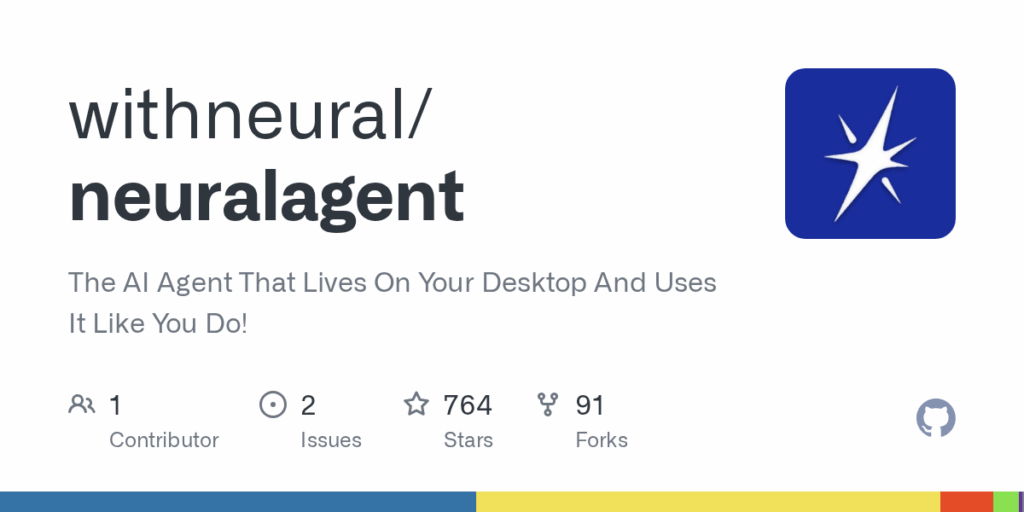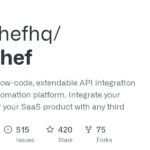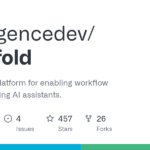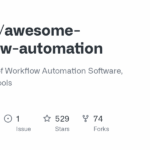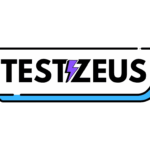neuralagent
Basic Information
NeuralAgent is an open source desktop AI personal assistant designed to perform real work on your computer rather than only converse. It automates mouse and keyboard actions, navigates browsers, fills forms, saves files and runs tasks by combining local Python services and a desktop Electron app with remote-capable language models. The project is structured with a FastAPI backend backed by Postgres, an Electron + React frontend, and a local Python agent daemon that uses pyautogui for foreground automation and a WSL-based option for limited background browser automation on Windows. It supports multiple model providers configured per agent through environment variables and ships modular agent types such as planner, classifier, suggestor, title and summarizer. The README includes setup steps, environment configuration, migration and run commands, and cautions about automated input actions.

